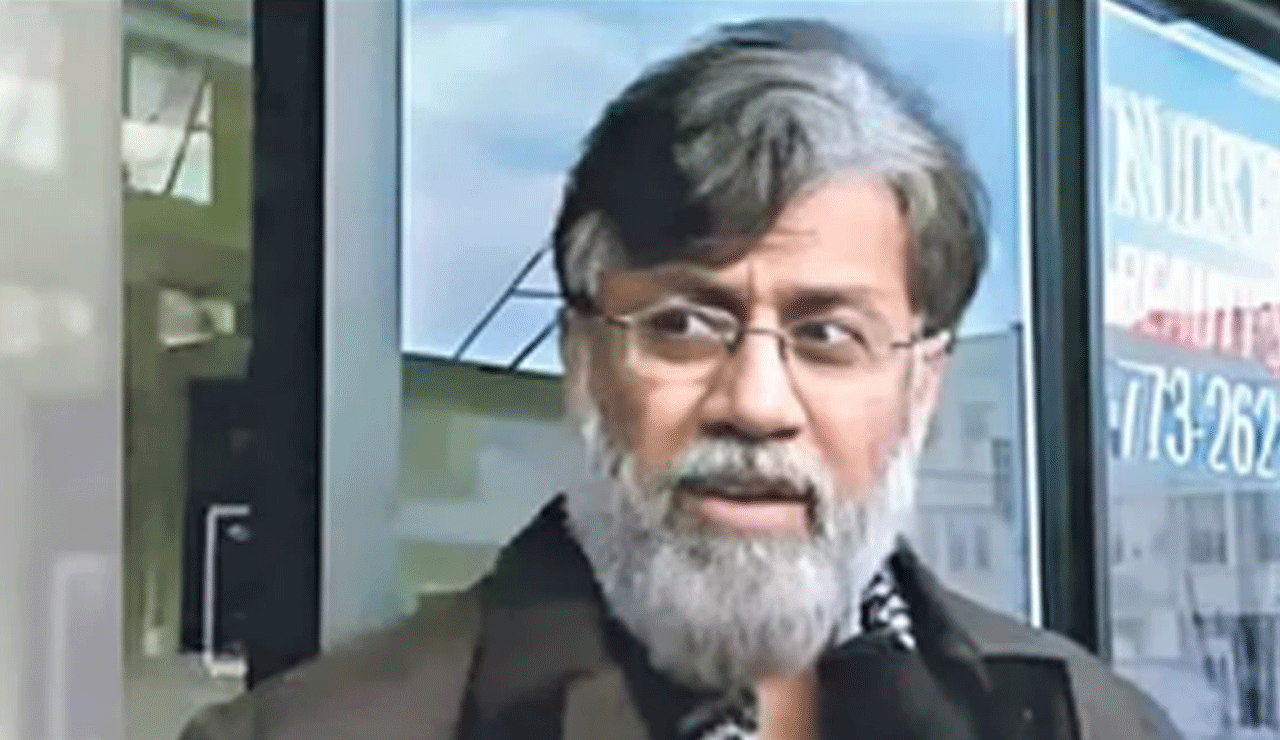Tahawwur Rana Reveals: “I Worked Closely with the Pakistani Army”
In a major development in the 26/11 Mumbai terror attacks case, Tahawwur Hussain Rana, a key conspirator, has made startling claims during questioning by the Mumbai Crime Branch, revealing deep-rooted ties with the Pakistani Army and intelligence operations abroad, police sources confirmed on Monday.

Mumbai: In a major development in the 26/11 Mumbai terror attacks case, Tahawwur Hussain Rana, a key conspirator, has made startling claims during questioning by the Mumbai Crime Branch, revealing deep-rooted ties with the Pakistani Army and intelligence operations abroad, police sources confirmed on Monday.
Table of Contents
Rana Claims He Was a Trusted Pakistani Army Operative
Rana, currently in NIA custody, claimed he was not just a sympathizer but a trusted operative of the Pakistani military. He revealed that he was secretly deployed to Saudi Arabia during Iraq’s invasion of Kuwait, showcasing his strategic importance to Pakistan’s armed forces.
Also Read: Owaisi’s Warning Came True in Telangana—Will Bihar Prove Him Wrong?
Medical Background and Army Career
Rana shared that he completed his MBBS from Army Medical College in Rawalpindi in 1986 and served as a Captain (doctor) in Quetta. He reportedly worked across sensitive military zones like Sindh, Balochistan, Bahawalpur, and Siachen-Balotra.
However, during his posting in Siachen, he suffered from pulmonary edema, which led to extended absence. This ultimately resulted in his dismissal and being labeled a deserter by the Pakistani Army.
Links to David Headley and Other 26/11 Conspirators
Rana admitted to knowing Abdul Rehman Pasha, Sajid Mir, and Major Iqbal — all key figures involved in planning the 2008 Mumbai attacks. He also disclosed that David Headley, his close associate, had attended three Lashkar-e-Taiba training programs between 2003 and 2004.
Rana claimed the Mumbai immigration centre idea was his, not Headley’s, and that funds sent to Headley were for business purposes — though he admitted the Mumbai office struggled to attract clients.
Radical Mindset and Fluent Linguist
Police sources described Rana’s tone as reflecting a radical ideology. He remains mentally fixated on earlier statements, while being fluent in Hindi, English, Arabic, and Pashto — pointing to his deep integration into transnational networks.
Extradition and Legal Proceedings
Rana, a 64-year-old Canadian citizen of Pakistani origin, was extradited from the United States after a prolonged legal battle. On April 4, 2025, the U.S. Supreme Court dismissed his final plea against extradition, paving the way for his prosecution in India.
What’s Next for the 26/11 Case?
As India continues to seek justice for the 166 lives lost and over 300 injured in the 2008 Mumbai attacks, Rana’s latest confessions could provide critical leads. His insights may further expose the network of state-sponsored terrorism and deepen India’s case against Pakistan on international platforms.
